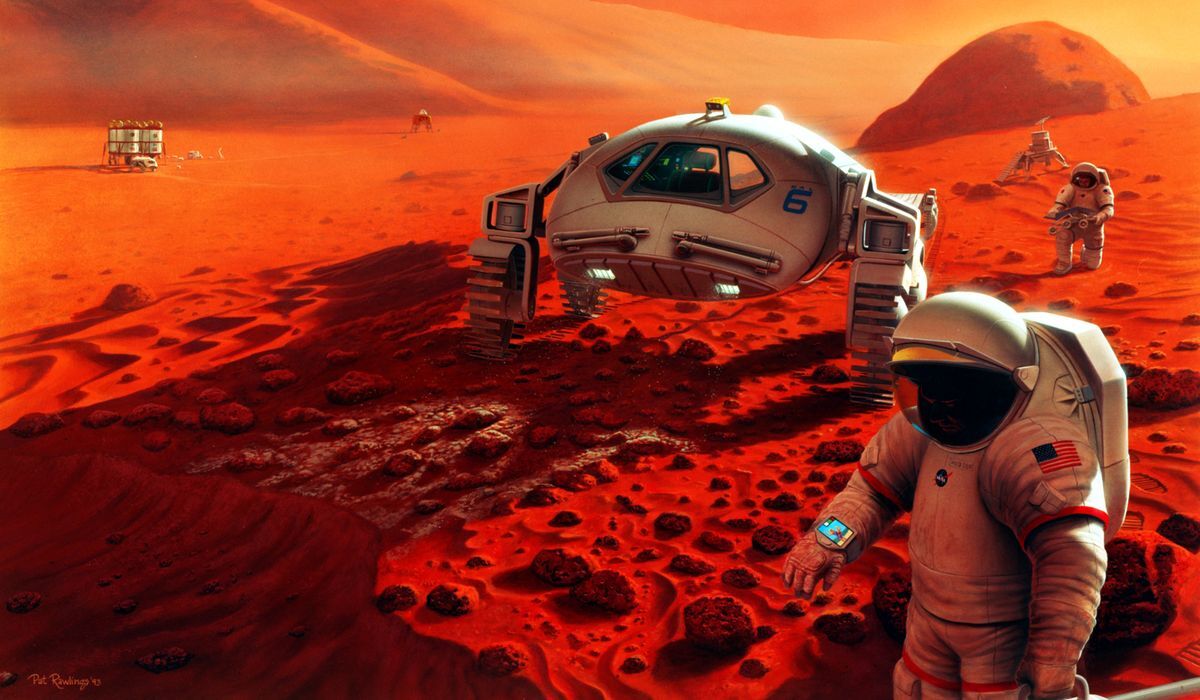- cross-posted to:
- [email protected]
- cross-posted to:
- [email protected]
This is an automated archive made by the Lemmit Bot.
The original was posted on /r/todayilearned by /u/WhileFalseRepeat on 2024-05-25 16:19:06+00:00.
Original Title: TIL of research into genetically engineering humans for space and living on other planets. One method is epigenome engineering and would target genes advantageous for space. Another method is to combine the DNA of other species (i.e. tardigrades) with human cells to make humans better fit for space.



This is the best summary I could come up with:
Chris Mason, a geneticist and associate professor of physiology and biophysics at Weill Cornell University in New York, has investigated the genetic effects of spaceflight and how humans might overcome these challenges to expand our species farther into the solar system.
One of the (strangest) ways that we might protect future astronauts on missions to places like Mars, Mason said, might involve the DNA of tardigrades, tiny micro-animals that can survive the most extreme conditions, even the vacuum of space!
Mason and the dozens of other researchers who worked to assess the genetic effects of spaceflight uncovered a wealth of data that has so far revealed many new findings about how space affects the human body.
But with such a small body of data (the twins study was just two people), scientists aren’t ready to prescribe any specific treatment or preventative medicine to alter how humans genetically react to spaceflight.
Alternatively, and even more strangely, these researchers are exploring how to combine the DNA of other species, namely tardigrades, with human cells to make them more resistant to the harmful effects of spaceflight, like radiation.
This wild concept was explored in a 2016 paper, and Mason and his team aim to build upon that research to see if, by using the DNA of ultra-resilient tardigrades, they could protect astronauts from the harmful effects of spaceflight.
The original article contains 1,008 words, the summary contains 225 words. Saved 78%. I’m a bot and I’m open source!